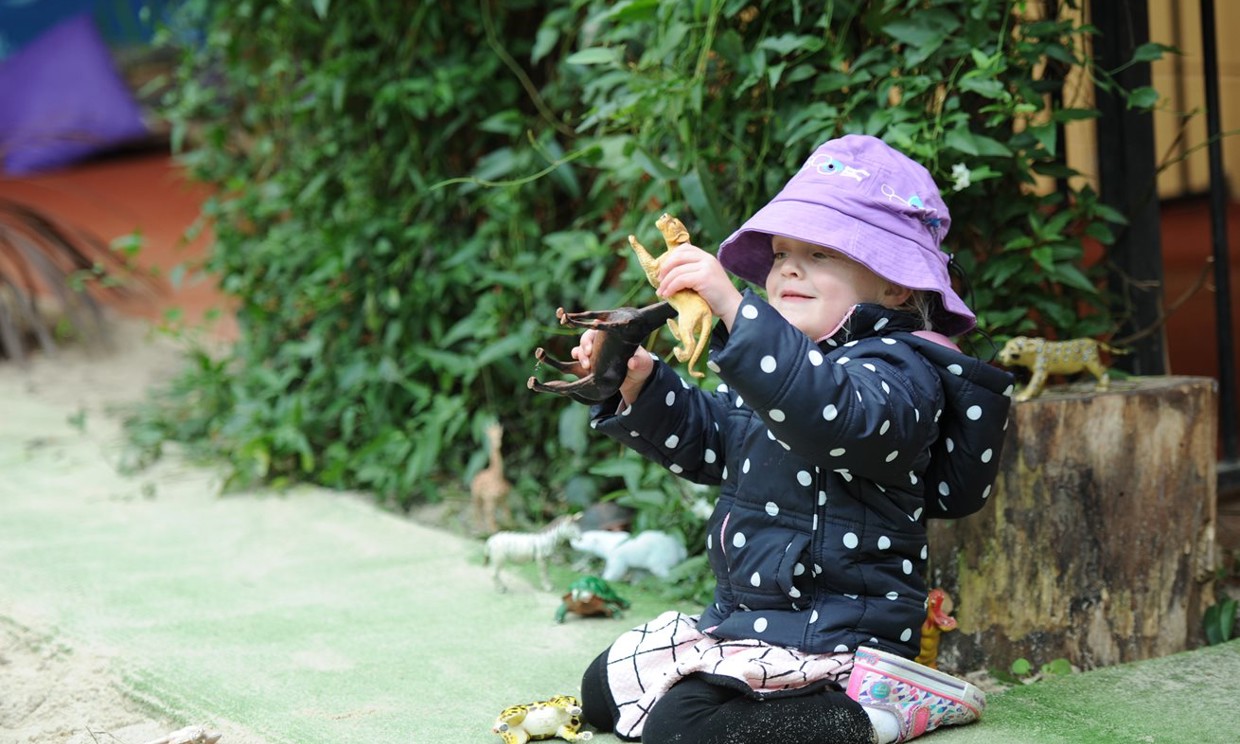From birth children are constantly having to learn how to regulate and manage their emotions and to follow the behavioural expectations of the world they live in.
Consequently, young children will sometimes inappropriately express their emotions or try to meet their wants and needs by using behaviours that others may find challenging.
Young children may also find it difficult to make sense of their emotions or behaviour and how these affect others.
Early childhood experts identify that this is a normal part of children’s development and parents can usually support this through their relationships, daily interactions and guidance. These experts also highlight that it is important for parents to consider their child’s developmental understanding and ability to cope when attempting to respond or positively guide their behaviour.
Young children often display a range of behaviours that reflect their awareness of the situation that they are confronted with. These can vary from being physically aggressive to withdrawing or being uncooperative. In addition, young children will use these challenging behaviours in an attempt to communicate a want or to satisfy a need.
Goodstart Early Learning national inclusive practices consultant Troy Dunn said children’s behaviour could be significantly influenced by the environments and the relationships that they were exposed to.
He also said that although there were a number of techniques available to parents, supporting children to positively interact with others and to communicate their wants and needs was essential.
Tips for parents in responding to challenging behaviour
If your child is displaying a concerning behaviour, the first thing to do is to get his/her attention and communicate your expectations in calm and respectful manner.
- Provide consistency within you interactions and responses to your child and behaviour. Being a consistent, reliable and responsive parent who helps keep them safe and recognises their individual wants and needs is important.
- Modelling and encouraging appropriate non-verbal and verbal behaviours that enables your child to have his or hers wants and needs met in more appropriate ways. This will help your child develop confidence and find solutions during conflict situations with others.
- Helping your child learn to recognise and understand their own emotions and behaviour. Talking about their feelings and making sure they feel safe and understood can be crucial to helping children learn to manage and regulate their emotions and behaviour.
- Taking charge when necessary and setting clear and simple limits and behavioural guidelines, and constantly reinforce them in a calm way.
- Providing opportunities for your child to make choices and offering some control of their environment. This will support their development of independence and enable them to meet their wants and needs.
References
Department of Education, Employment and Workplace Relations (DEEWR) for the Council of Australian Governments (2009). Belonging, being and becoming: The Early Years Learning Framework for Australia. Canberra, ACT: Commonwealth of Australia.
Department of Education and Early Childhood Development. (2017). National Quality Framework: Understanding children’s behaviour.


